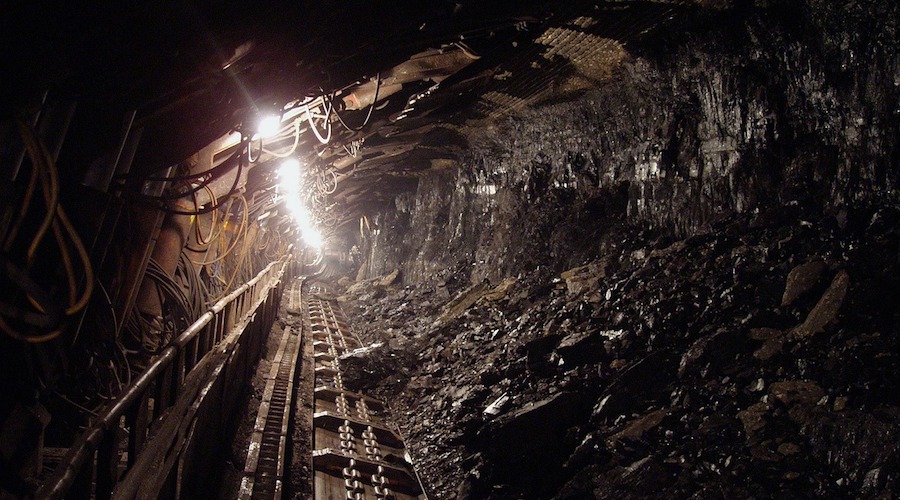Indonesia unlikely to change coal supply, pricing rules until 2019

JAKARTA, July 30 (Reuters) – Indonesia is unlikely to change its rules on domestic coal supply and pricing until 2019, Coordinating Maritime Minister Luhut Pandjaitan said on Monday, amid government talks on how Southeast Asia’s biggest economy can increase export revenues.
Pandjaitan was referring to proposed revisions to rules introduced in March requiring Indonesian coal miners to sell 25 percent of their thermal coal output to domestic buyers, with a price capped at $70 per tonne for coal sold to state electricity utility Perusahaan Listrik Negara (PLN).
“Even if this happens it will probably be next year at the earliest we can do it,” he said.
Any revisions would need to be discussed with the coal and power industry beforehand, and any impacts on state revenue would need to be calculated, Pandjaitan said.
The government is looking at revising domestic coal supply and pricing rules “to see how much money (Indonesia) can get from here,” he said, referring to government efforts to increase export revenue.
Indonesia is the world’s top exporter of thermal coal, and its economy has benefited from rising demand and prices for the dirty fuel – which hit $104.65 a tonne in July – their highest level since May 2012.
The proposed changes are part of Indonesia’s efforts to increase these benefits, to reduce the country’s current account deficit amid the threat of a global trade war that could further weaken the rupiah, one of the worst performing currencies in emerging Asia having lost 6 percent this year.
The cap on domestic thermal coal prices was introduced to shield PLN from price fluctuations.
Indonesia did not want to control the market or dent PLN’s revenues with the proposed revisions, Pandjaitan said, without providing further detail on what form any new rules would take.
Rosan Roeslani, chairman of Indonesia’s Chamber of Commerce and Industry (KADIN), said the government was considering a possible revision of the price cap.
The 25 percent quota could also be “adjusted to meet domestic demand,” said Roeslani, who attended a meeting with Pandjaitan along with mining ministry and state electricity utility (PLN) officials on Monday to discuss the coal rules.
“Adjusted to meet domestic demand.”
Roeslani was referring to coal grades that do not meet PLN’s requirements.
Coal with energy levels above 4,500 kilocalories per kilogram (kcal/kg) or below 4,000 kcal/kg could potentially be exported because it wasn’t needed by PLN, he said.
Discussions, though, were “still in very early stages,” Roeslani said, and another meeting is planned for this week to discuss the matter further.
(Reporting by Wilda Asmarini; Writing by Fergus Jensen; Editing by Christian Schmollinger and Tom Hogue)
{{ commodity.name }}
{{ post.title }}
{{ post.date }}




Comments